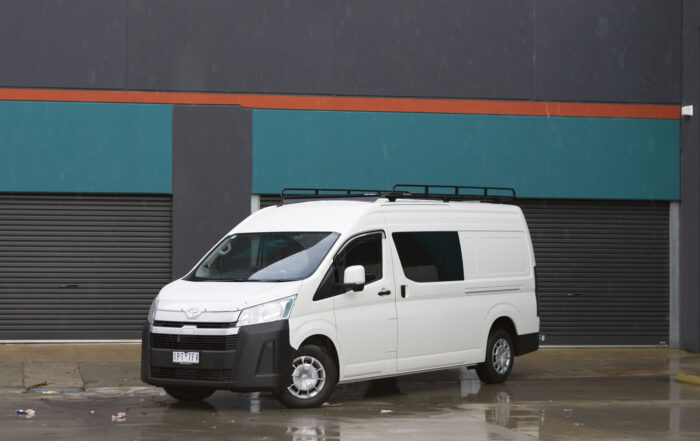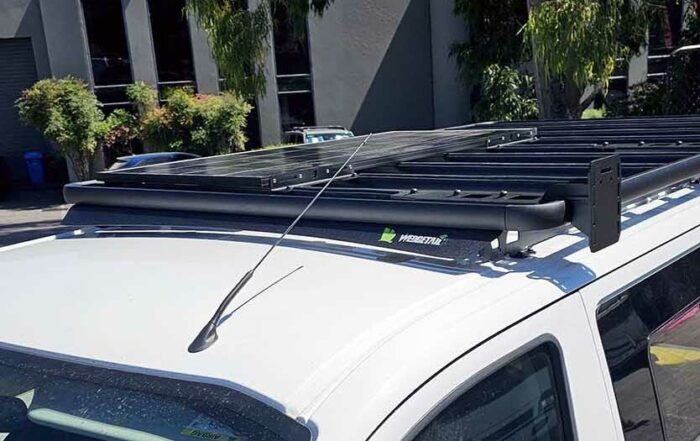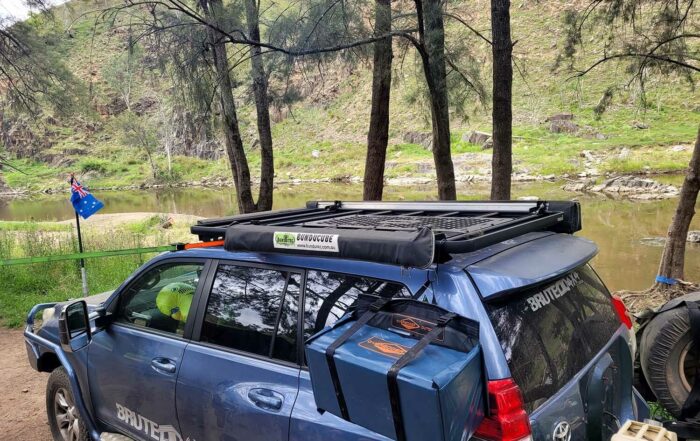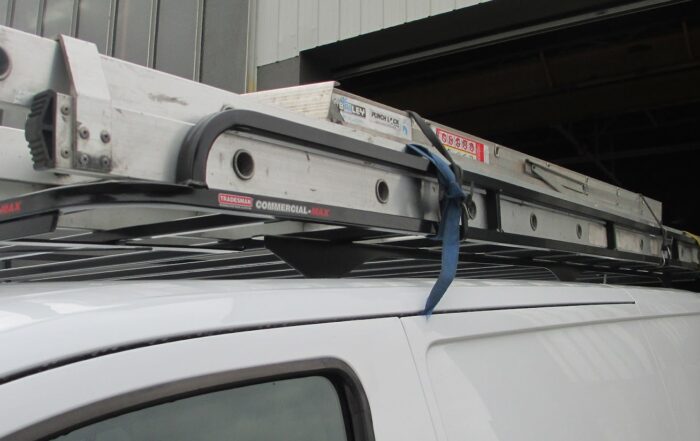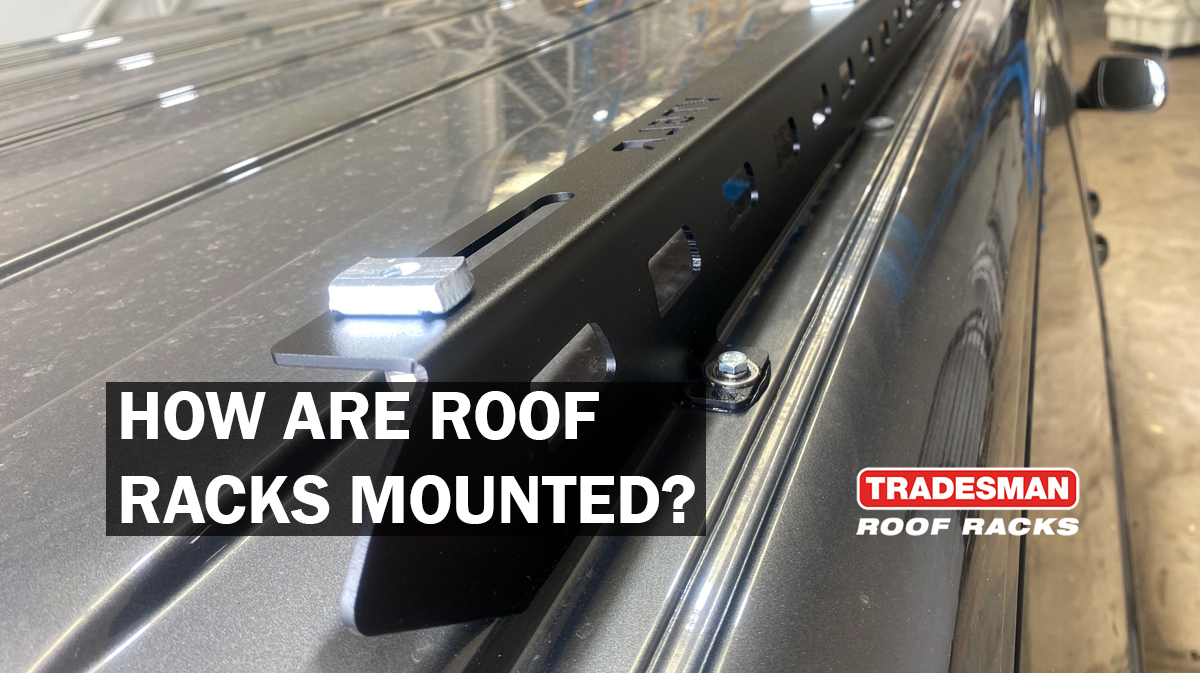
How are roof racks mounted?
June 17, 2023
Roof racks and tradie racks are essential accessories for expanding the carrying capacity of your vehicle. Whether you’re a weekend adventurer or a professional tradesperson, understanding the proper mounting techniques for these racks is crucial. This comprehensive guide will provide you with valuable insights on how to securely mount roof racks and tradie racks, ensuring a safe and efficient transport of your gear.
1. Choose the Right Roof Rack
Before mounting any racks, ensure they are compatible with your vehicle’s make and model. Consider factors such as weight capacity, dimensions, and design features. Opt for high-quality roof racks or tradie racks that are specifically engineered to meet your needs, providing durability and reliability.
2. Identify Mounting Points
Carefully inspect your vehicle to locate the mounting points where the racks will be attached. These points are typically located along the roofline or factory-installed roof rails. Refer to your vehicle’s manual or consult with a professional to ensure you identify the correct points for your specific model.
3. Prepare the Mounting System
Depending on your vehicle and rack type, you may need specific mounting components, such as crossbars, towers, or brackets. Follow the manufacturer’s instructions to assemble and install the mounting system correctly. Ensure all components are securely fastened and tightened to prevent any movement during transit.
4. Position the Roof Racks
Once the mounting system is in place, position the roof racks or tradie racks on top of your vehicle. Align them parallel to the roofline, ensuring they are centered and evenly spaced. Take into account the weight distribution and avoid placing excessive weight on one side.
5. Secure the Racks
Use the provided fastening mechanisms, such as clamps or bolts, to secure the racks to the mounting points. Follow the manufacturer’s instructions carefully to ensure proper installation. Double-check the tightness of all connections to minimize the risk of loosening or detachment while on the road.
6. Test Stability
Give the roof racks or tradie racks a gentle shake to test their stability. They should be firmly attached to the vehicle without any noticeable movement. If you detect any looseness or instability, recheck the installation and make necessary adjustments.
7. Load Distribution
When loading your gear onto the roof racks or tradie racks, distribute the weight evenly. Place heavier items in the center and balance the load across the racks. This will help maintain vehicle stability and handling while reducing the risk of overloading specific areas.
Mounting roof racks and tradie racks correctly is essential for a safe and hassle-free transportation experience. By selecting the right racks, identifying the proper mounting points, and securely attaching the racks to your vehicle, you can confidently transport your gear.
Remember to distribute the load evenly and conduct stability tests before hitting the road. With these guidelines in mind, you can maximise your vehicle’s carrying capacity and enjoy your journeys with peace of mind.
To know more about our roof racks, you can browse our catalog or contact us for enquiries.
Most Recent Posts
How to install a Tradesman Roof Rack
Jonah Samuel2024-06-24T14:48:57+10:00June 24, 2024|
Specialists in roof racks for Toyota vehicles
Jonah Samuel2024-06-24T16:02:25+10:00May 23, 2024|
Top 5 Victorian High Country 4WD Tracks
Jonah Samuel2024-05-07T16:25:59+10:00May 7, 2024|
Why roof racks make noise and how to prevent it
Jonah Samuel2024-03-26T20:13:13+10:00March 26, 2024|
Everything you need to know before buying roof racks
Jonah Samuel2024-03-26T20:05:50+10:00March 26, 2024|
Customisation Options for Roof Racks
Jonah Samuel2024-03-01T16:10:30+10:00March 1, 2024|


